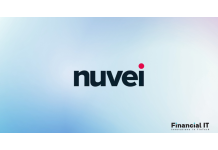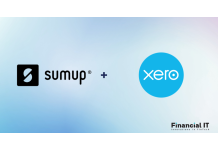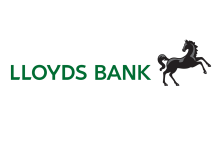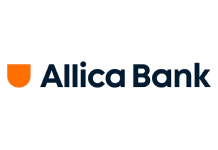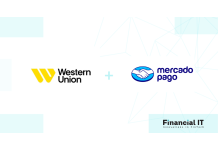Airwallex to Introduce Billing Capabilities via...
- 03.09.2025 07:45 am
Chargebacks911 Report Uncovers the “Convenience...
- 02.09.2025 09:55 am
Nuvei Announces Completion Of Going Private...
- 18.11.2024 08:45 am
Mastercard Goes OTP-Free in APAC for Faster, Safer...
- 06.11.2024 11:15 am
SumUp and Xero Partner to Complete Merchant Toolkits
- 10.10.2024 10:25 am
SumUp Launches Direct Debits For UK Merchants Using...
- 21.05.2024 10:15 am
Barclays Bank Goes Live on CLS’s Cross Currency Swaps...
- 14.05.2024 09:35 am
Lloyds Bank Completes its First Wavebl Electronic Bill...
- 15.04.2024 02:15 pm
Allica Bank Announces Integrations with Sage and Xero...
- 12.03.2024 10:45 am
TerraPay Joins Forces with Diamond Trust Bank Uganda,...
- 23.02.2024 09:55 am
Western Union and Mercado Pago Alliance Extends to the...
- 22.02.2024 09:50 am
Ebury Unveils New Solution for Direct Transactions...
- 07.02.2024 08:15 am




